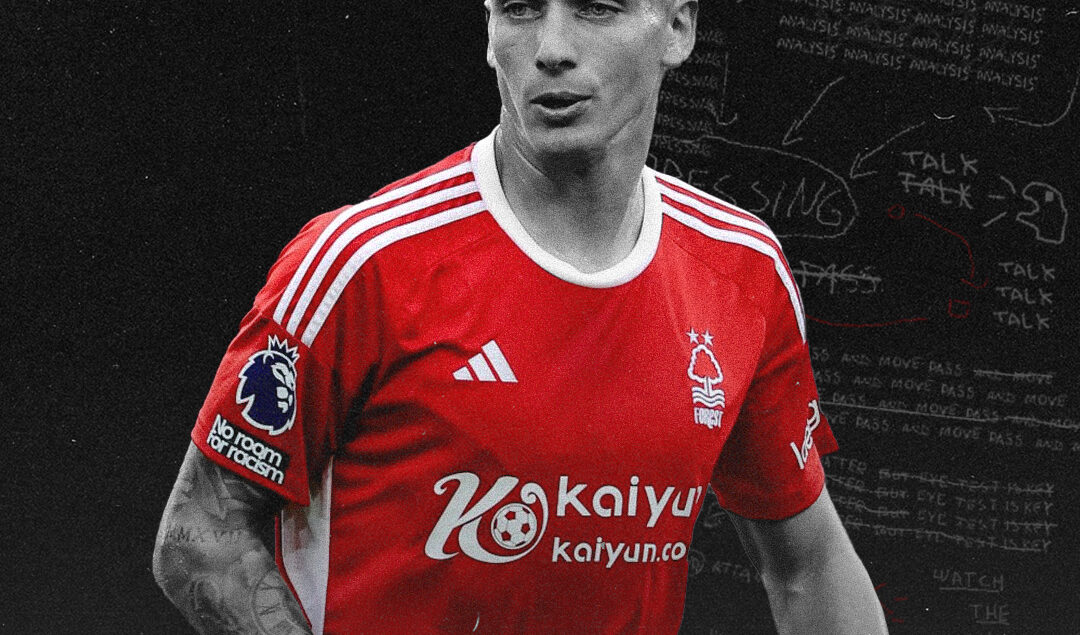Unseen Pressure: How Global Events Shape Footballers Behind the Scenes

In football, tactics, training drills, and televised glory shape just a fraction of the professional lives of footballers. Behind closed doors and far from the touchline, bigger forces are always at play. There are the injuries and contracts that get occasional media attention, but there’s also political tensions, border controls, currency collapses, and shifting governments. The careers of football players bend to these unseen pressures, even though they can’t really control them.
Scouts and sporting directors talk about market inefficiencies, untapped regions, and the next frontier for player recruitment, but what they rarely mention is how global crises often define where they can even look for new players. A war breaking out in a player’s home country can stall their transfer and erase their chance entirely. Visas become harder to secure. Agents grow hesitant. Clubs shift focus to “safer” territories. Players from Ukraine, Syria, and now parts of Africa, like Sudan, have watched doors close through no fault of their own. Playing careers disappear not from a lack of talent, but because the infrastructure around them breaks down.
Even when players do escape these environments, there can be other issues. Mental health professionals within football say that trauma from what players carry from childhood, like war, poverty, and displacement, can be a factor. Clubs may run assessments on fitness and tactical awareness, but they’re rarely equipped to manage the psychological scars of forced migration. It’s not that scouts don’t care. It’s that global instability makes their job harder, riskier, and at times impossible.
In June 2025, this became particularly clear as betting markets tried to predict transfer activity during a summer window clouded by uncertainty. Offshore sportsbooks offer odds on a variety of sports from across the globe, as noted by gambling expert Matt Bastock, and they saw heavy fluctuations in odds on players from politically sensitive regions. These platforms, regulated in other countries like Malta, have proven track records in following club picks and player futures, even in politically unstable conditions. Bettors who track these odds often spot trends before pundits do, as shifting lines on offshore platforms reflect real doubt among clubs.
Club strategies also have an effect. Teams in the Gulf, for instance, looking to work around European bureaucracies, continue to sign talent from Africa and South America at accelerated rates. Saudi clubs, free from UEFA constraints, can offer more money and fewer obstacles. For players coming from countries where inflation is destroying local currencies, like Argentina, Nigeria, or Lebanon, the appeal is the stability. Even European clubs now recognise they can’t always compete on security.
While fans might not see this part of the game, they feel its effects. A player rumoured to sign with a Serie A team might vanish from headlines overnight without explanation. The assumptions are often far from the truth, which could be something far less visible, like delays in embassy processing, shifting diplomatic status, or an agent caught in political crossfire. When Lionel Messi briefly explored options outside Europe, geopolitical considerations quietly influenced the list of possible destinations. These decisions filtered through security briefings and diplomatic advisories.
During lockdown, games stopped, borders closed, and players became citizens again, not just athletes. Some could not leave their countries. Others were trapped abroad. The consequences have lingered. Clubs now pay closer attention to passport holdings. Dual nationals are prized not only for their skill on the pitch but their flexibility at the consulate. Scouting databases now carry visa histories, embassy contact notes, and risk assessments based on travel advisories.
For the average player, it adds another layer of unpredictability. One day, you’re a top prospect in Kinshasa, the next day your club shuts down due to fuel shortages, or your league pauses indefinitely because of unrest. Families sometimes urge players to move abroad early, not only for footballing reasons, but for safety. Those who stay often make sacrifices. A career path that once led to Europe now stops in North Africa or the Middle East.
Then there’s the case of players with dual loyalties who are eligible for more than one national team. In peaceful times, that choice is tactical or sentimental. In tense times, it becomes political. Choosing to play for Kosovo rather than Serbia, for Ukraine rather than Russia, carries consequences beyond football. It can affect sponsorships, travel, and personal security. It can become a statement. Some players opt out entirely, wary of making enemies in countries where they still have family.
Even academies aren’t insulated. Clubs in conflict zones find it harder to enter international tournaments, leaving their prospects isolated. Training grounds get repurposed. Power outages and internet blackouts disrupt video scouting. In these cases, talent becomes invisible. A player’s peak years are finite. Missing two or three seasons of visibility can change a future that once seemed assured, as well as impact club futures.
None of this means football loses its ability to inspire, but it does mean that every pass, every transfer, every debut carries weight beyond what fans see. The pitch is not a vacuum. Global events seep in, quietly reshaping the careers we follow and the dreams that power them. Football remains a mirror of the world, and the world, right now, is asking hard questions of those trying to build futures with a ball at their feet.
